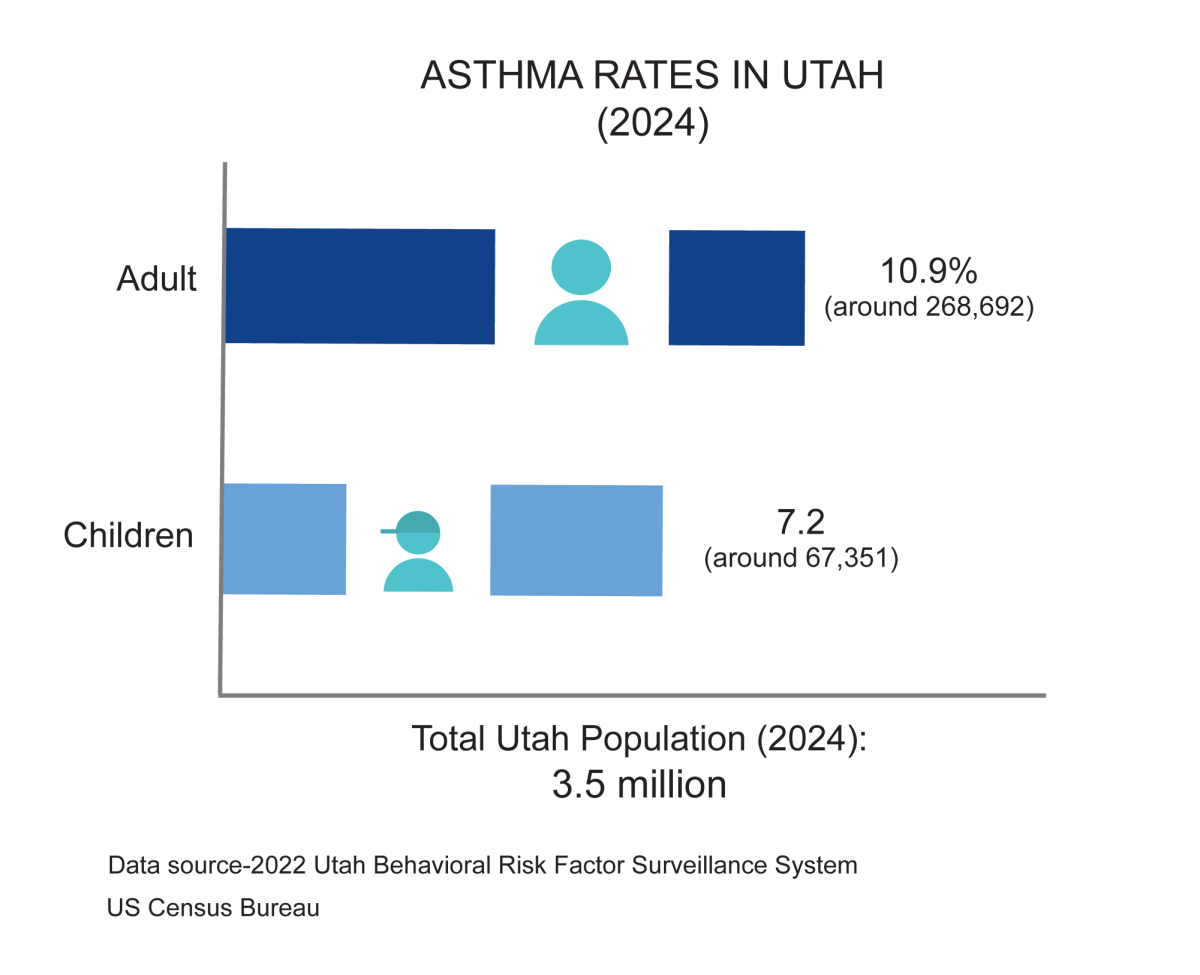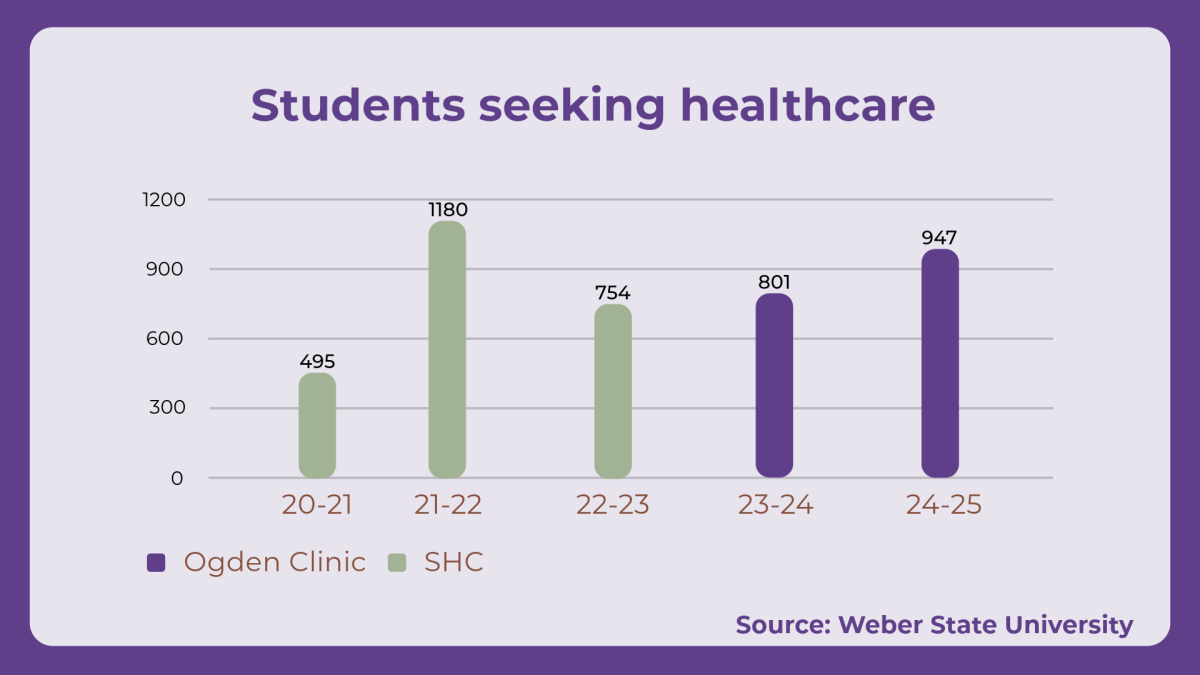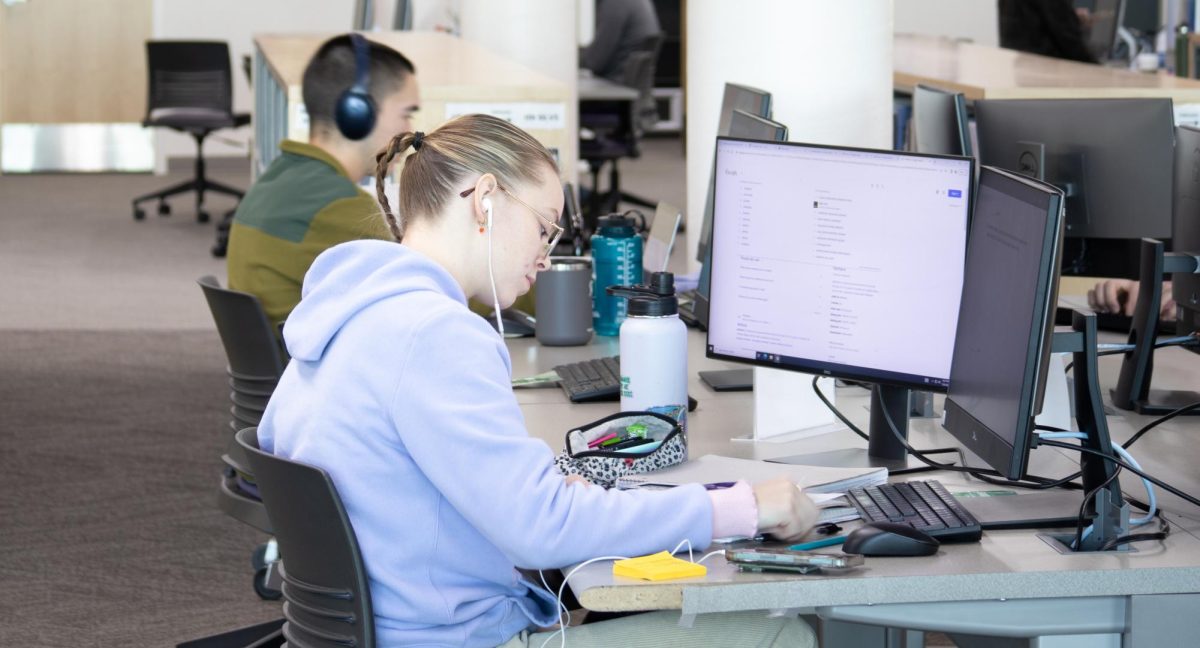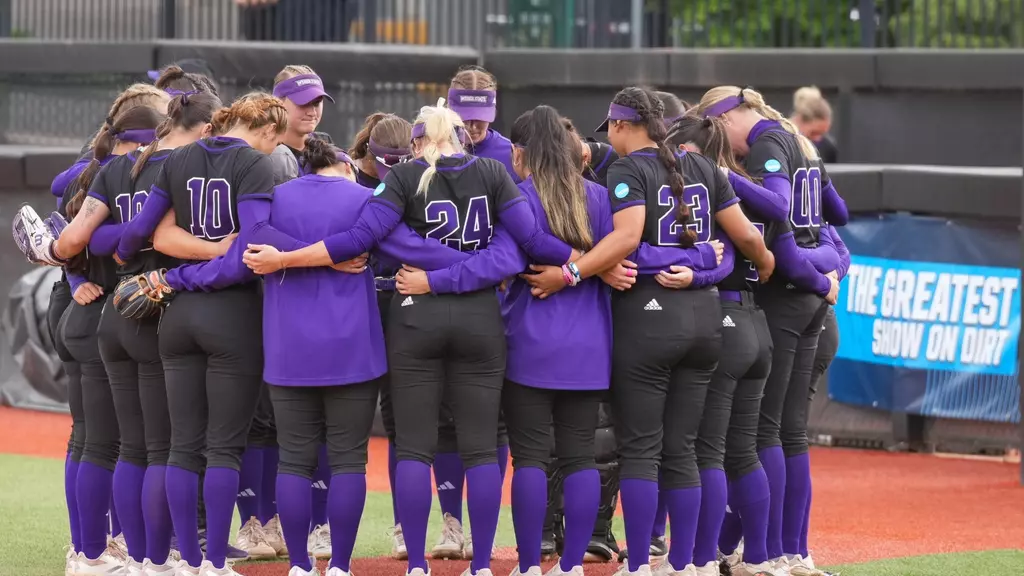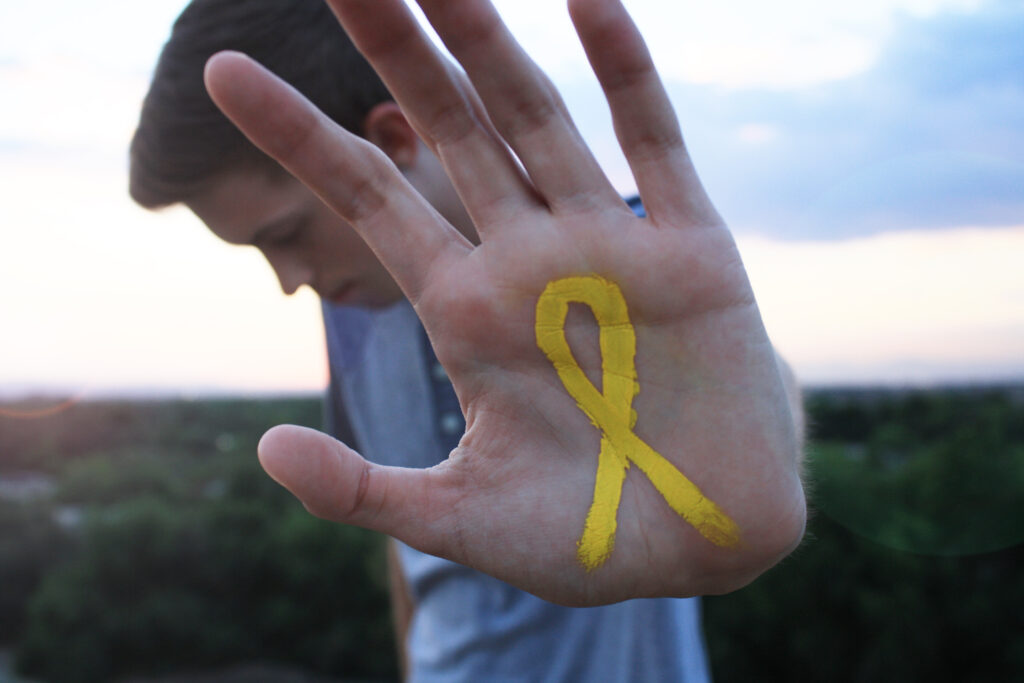
The QPR (question, persuade and refer) training for suicide prevention training was carried out at the Shepherd Union building at Weber State University on Oct. 12.
Dianna Abel was the speaker at the training, which had around 30 students in the audience. Abel has been the Executive Director of Counseling, Health & Wellness since 2004.
“The training took place to identify the cues that people show when they are suffering from suicidal crisis,” Abel said.
The training focused on different ways to prevent people from committing suicide and to create awareness of the counseling services that the school provides for students and staff for free.
Suicide is the 11th ranking cause of death nationally. In Utah in 2014, 565 individuals committed suicide, which is down 2.6 percent from 2013 (570).
In terms of demographics, statistics show that more women attempt suicide, but more man complete suicide successfully because of the fact that they use lethal weapons such as guns.
Geoff Canaan, an interpersonal and family communication student, said “It was very helpful information.” Canaan attended the training because one of his classes required extra credit for a listening and interviewing class.
“My favorite part was learning about just hearing people. That is often the most important thing for people who are going through suicidal crisis,” said Canaan.
“We are not here to fix them because it is not easy,” Canaan said, quoting Abel. “We are just here to get them through a suicidal crisis.”
“Hopefully if we know someone that is going through situations like this one, we can make the time to listen to them, and when they feel understood they will feel the shift,” said Canaan.
Canaan thinks that after this training, he wants to be more aware of judgments. ”Everybody judges but are we aware of that?” he said.
While not all suicides can be prevented, early interventions reduce the risks.
Some of the best ways to prevent it are to know the risk factors of suicide, recognize the warning signs for suicide, and to be alert to the signs of depression and other mental health issues.
Jackeline Bedoya-Wilkinson, a microbiology major, said, “It was an interesting training to attend.” Bedoya-Wilkinson also attended the training for extra credit.
“Sometimes we think that people are playing because of the things that they say, and we don’t realize that they are depressed,“ said Bedoya-Wilkinson.
Bedoya-Wilkinson is from Mexico, and where she is from does not often hear about topics like this one. She said, “It is easier to get distracted over there when people are feeling sad.”
“Now I am going to be more aware of the cues of a person that is having a hard time with their life, and hopefully I could help,” she also mentioned.
If you or someone you know is experiencing suicidal thoughts, help is available. WSU provides help through the Counseling and Psychological Services Center. It has trained professionals to help individuals work through these feelings. Call them at 801-626-6406.








